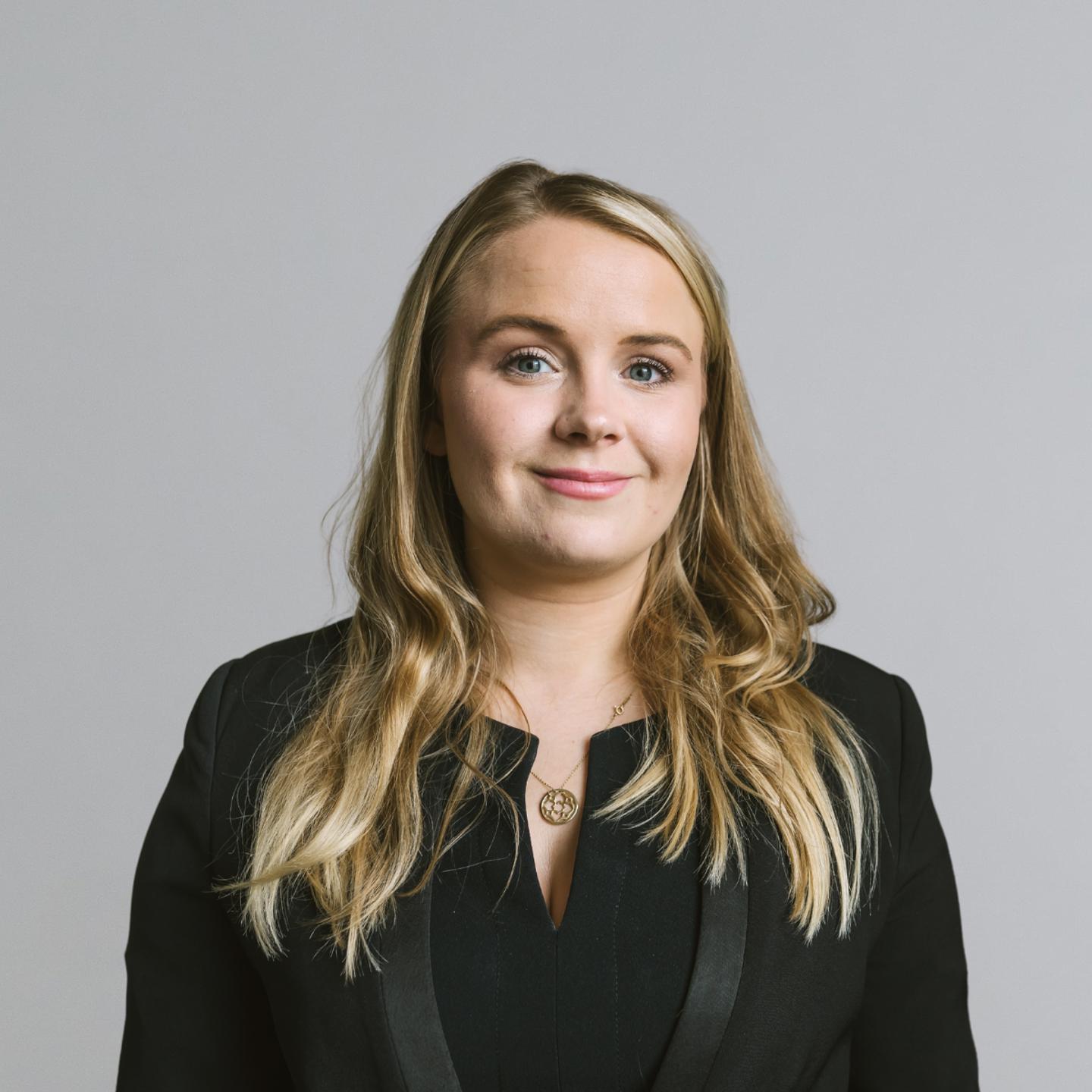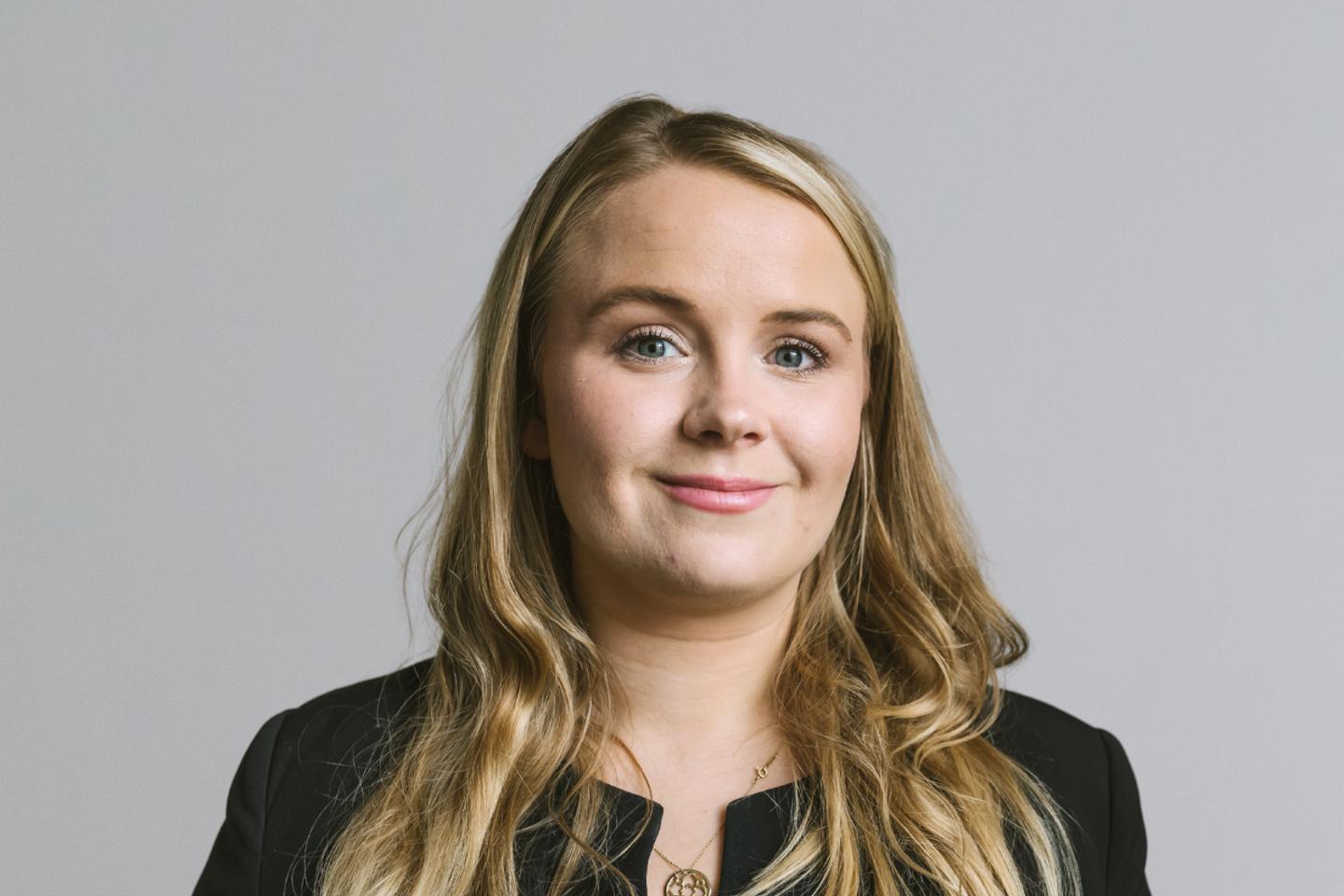The young defendant was sentenced for two counts of ABH, one count of common assault, one count of using threatening words or behaviour to cause harassment, and one count of racially aggravated harassment. The Youth Court had originally imposed a 9-month Youth Rehabilitation Order.
In appeal, Ms Waterstone made use of a psychological report which had been prepared by her instructing solicitors, in which the instructed psychologist assessed the impact of the young defendant's traumatic childhood. The report identified multiple disorders which were all relevant both for sentence as well as understanding the behaviour which underpinned her offending.
As the young defendant had successfully completed all of the offending behaviour work she had to do with her Youth Offending Team as part of her sentence, Ms Waterstone ultimately argued that there was no practical difference in how her Youth Rehabilitation Order manifested and how a Referral Order would operate instead. The only difference in the two sentences was how having Youth Rehabilitation Order on her record would affect her life as an adult, as opposed to a Referral Order.
Ms Waterstone's submissions persuaded the Judge, who quashed the Youth Rehabilitation Order and replaced it with a Referral Order.
Lucy Waterstone was instructed by Leah Connolly of Sonn Macmillan Walker solicitors.
Read more here



